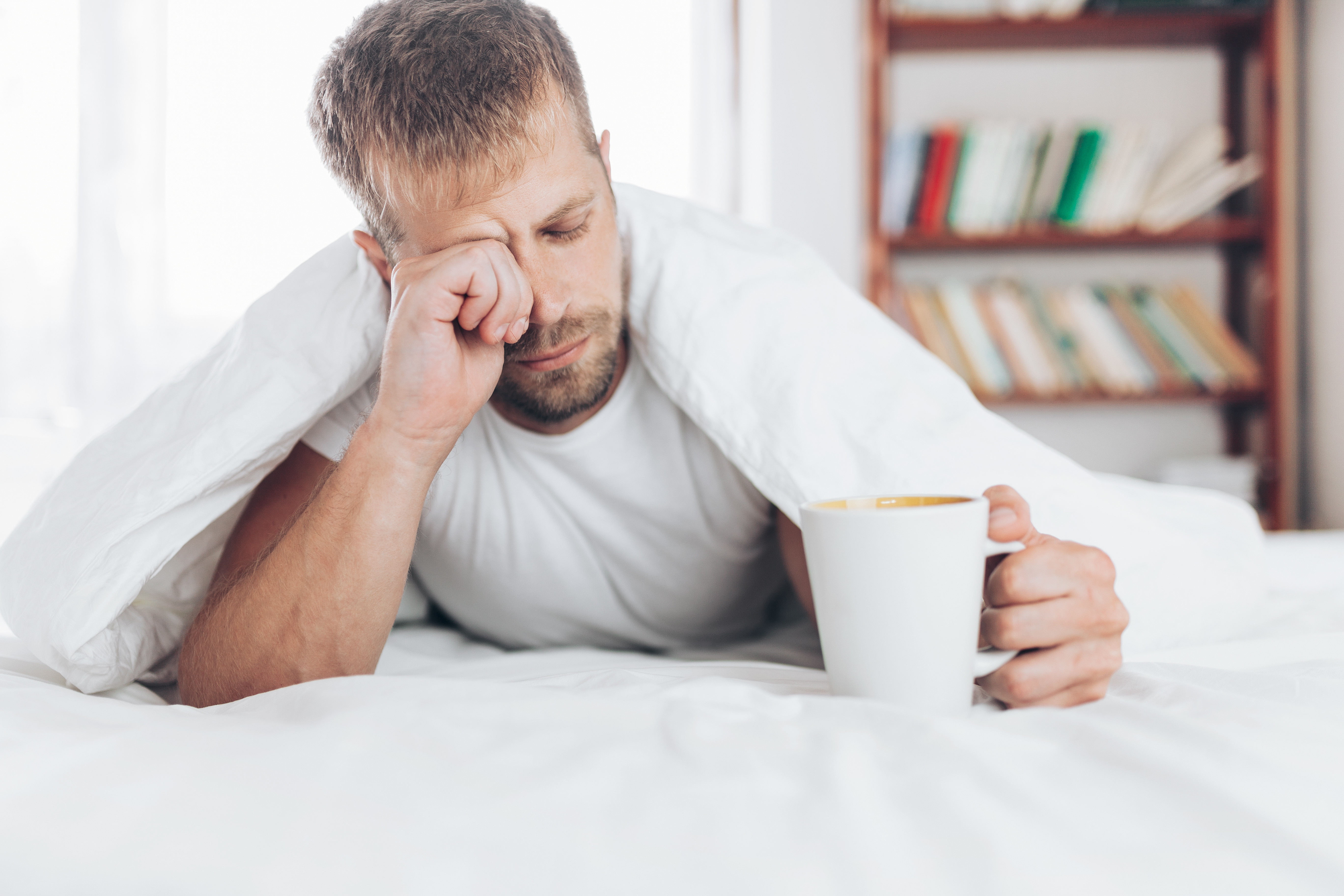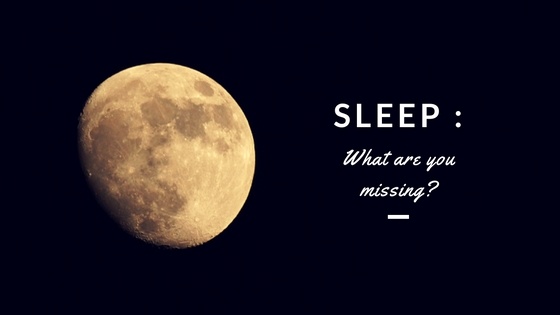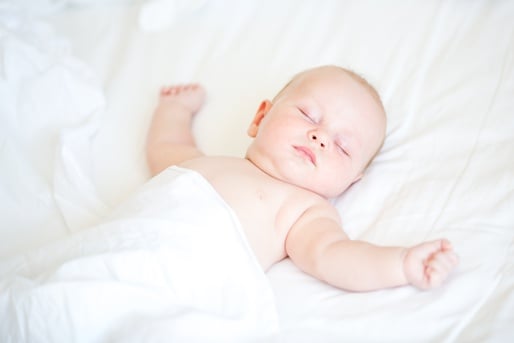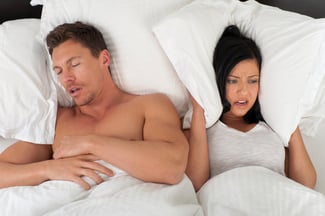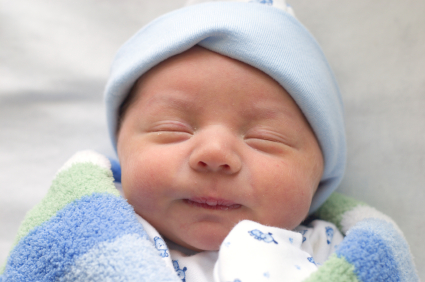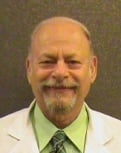The main symptoms of obstructive sleep apnea, or OSA, are loud snoring, gasping or choking during sleep. However, there are many other less-familiar signs of sleep apnea, and they might surprise you.
Obstructive sleep apnea is a sleep condition that causes the muscles in your throat to relax repeatedly during sleep. This blocks your air passage and interrupts breathing. This may happen every time a person stops breathing, which can occur up to 120 times per hour. This disruption in breathing takes a great toll on the body and OSA can be a serious sleep disorder.
The Risks of Sleep Apnea
Left untreated, obstructive sleep apnea increases your risk of cardiovascular conditions such as high blood pressure, heart attacks and strokes. Loud snoring, pauses in breathing during sleep and waking up gasping or choking are common symptoms of the condition.
Not everyone with sleep apnea snores and vice versa, not everyone who snores has sleep apnea. You may be able to ascertain the difference simply based on how you feel during the day. Snoring on its own may not be disruptive enough to cause you to have restless sleep, as it does not normally awaken the sufferer. That means you simply won’t be as tired during the day. But there are other signs of obstructive sleep apnea (OSA) and if you experience any of these please get it checked out.
.png?width=305&height=132&name=NIHAlogoBLUE_3_transparent%20(2).png)
